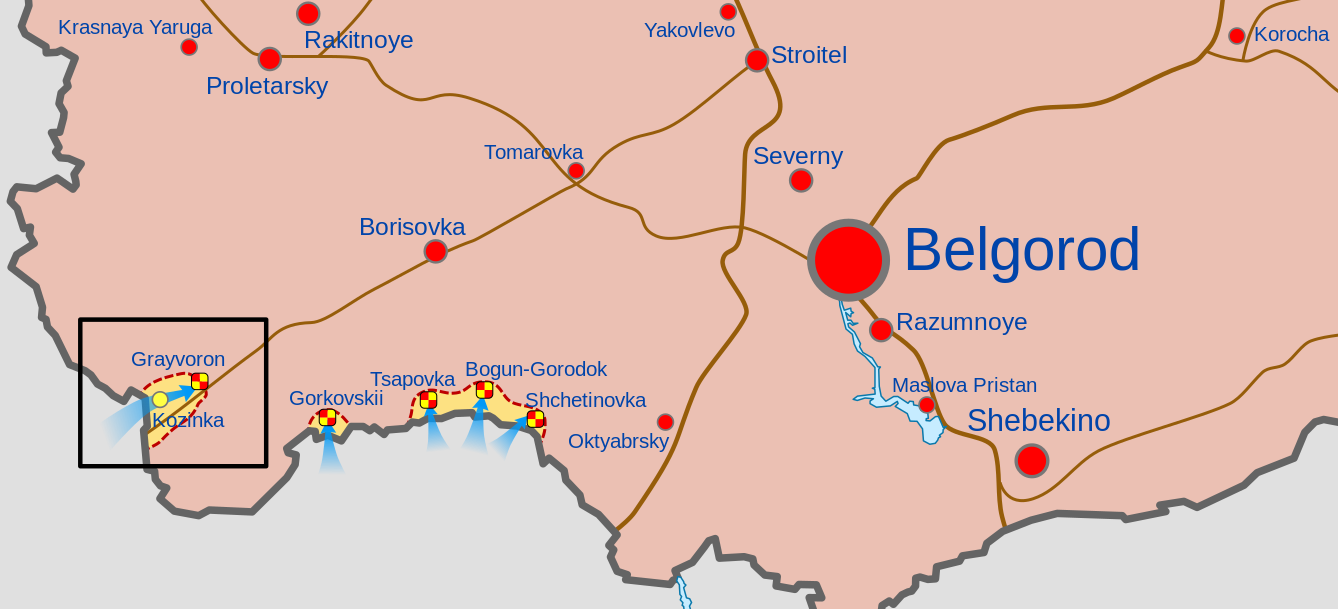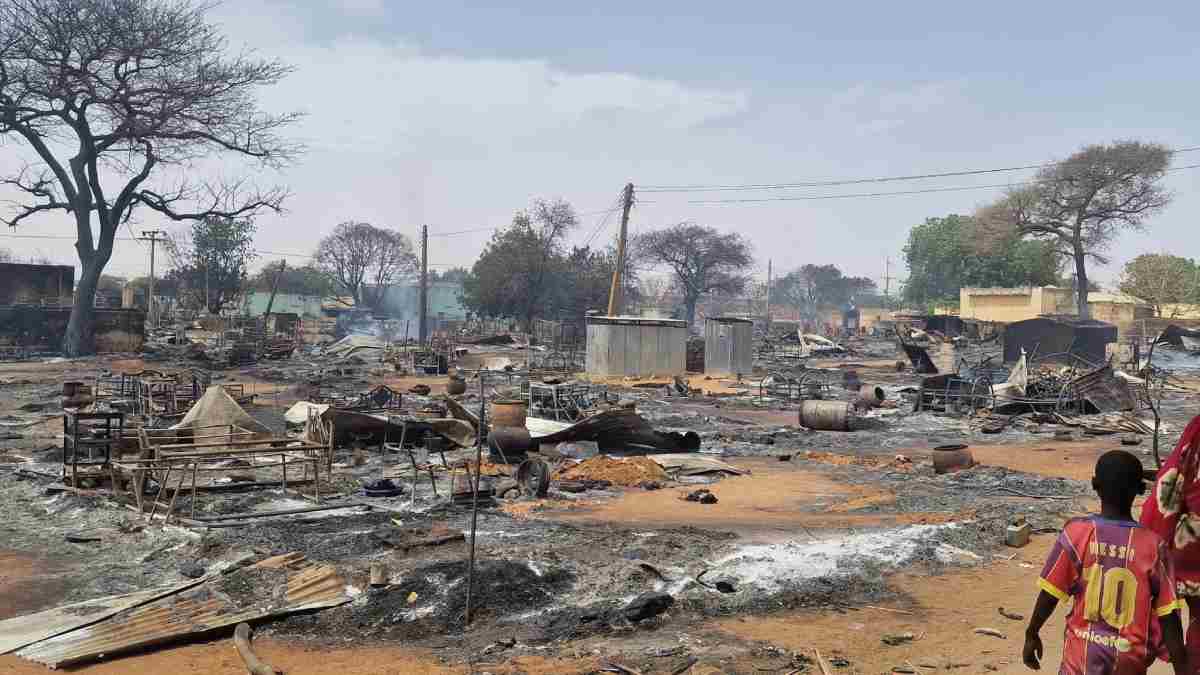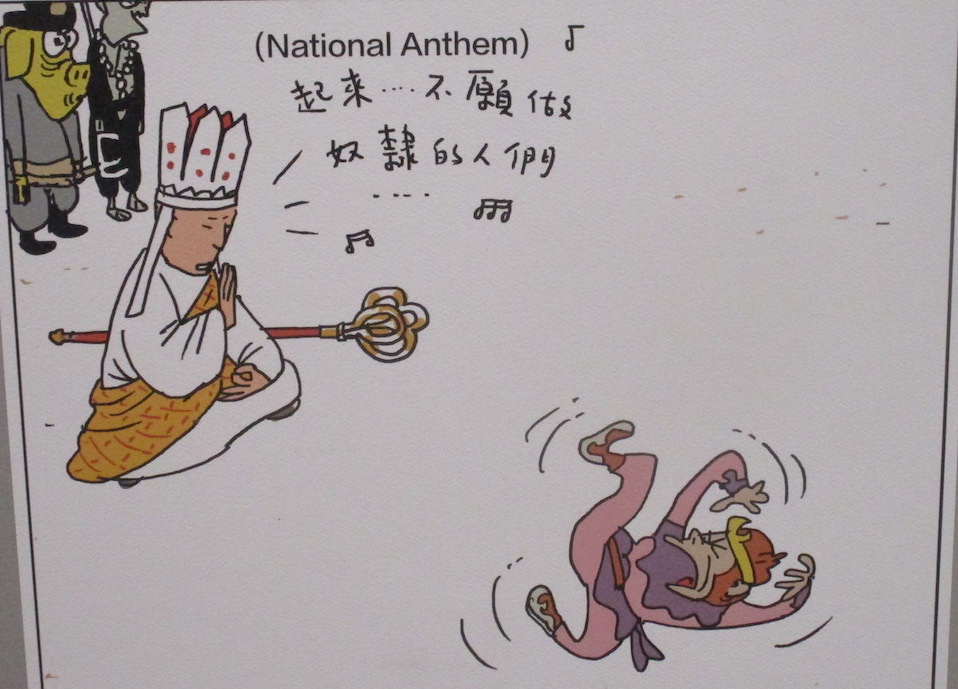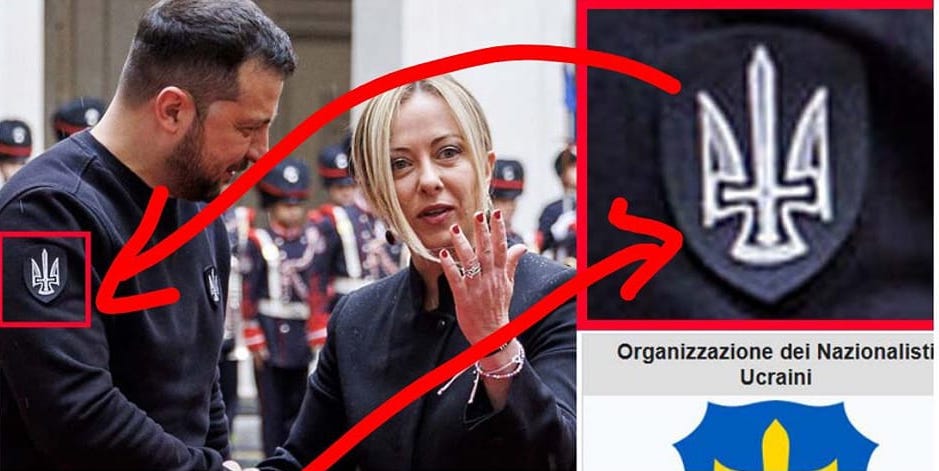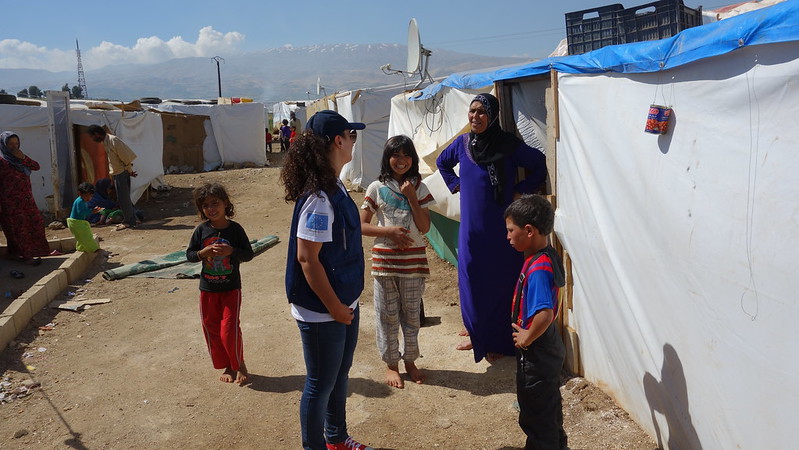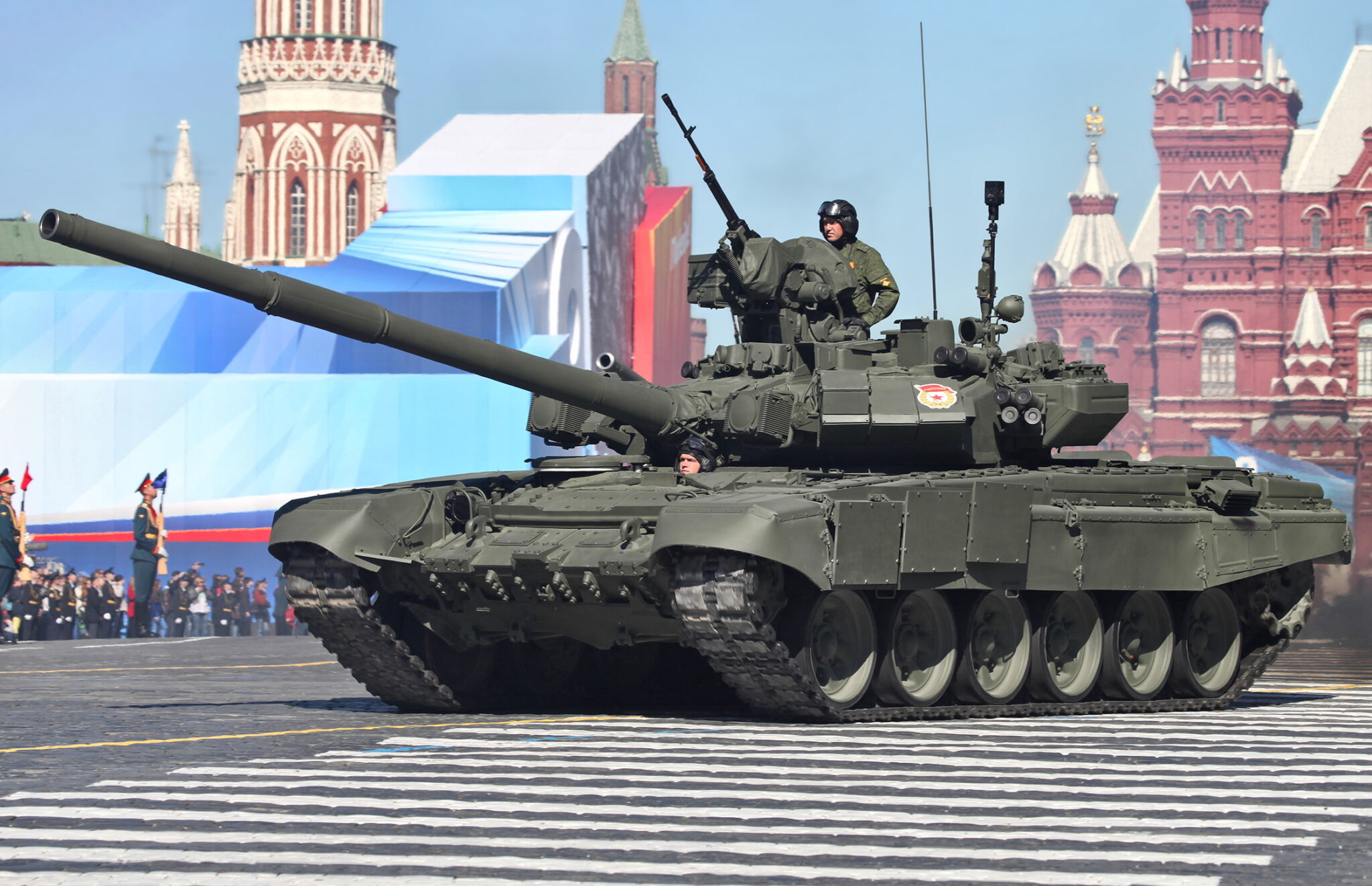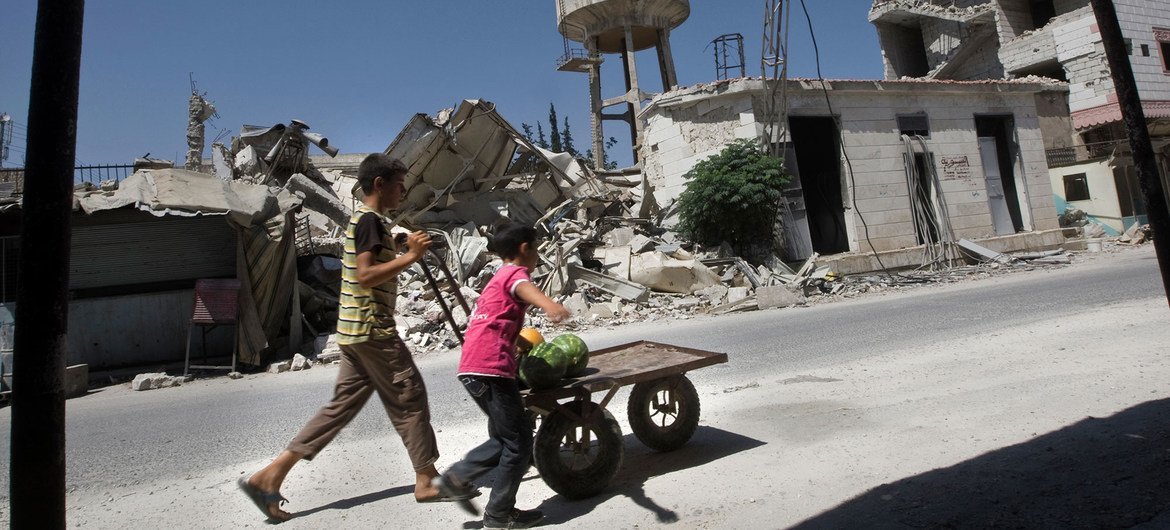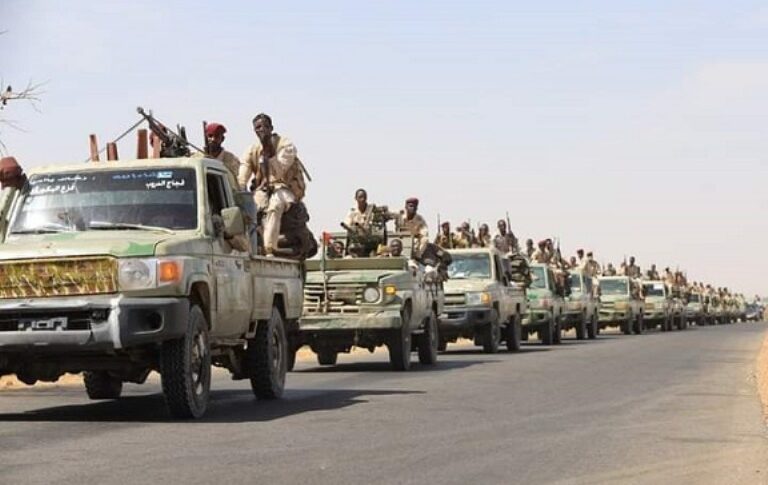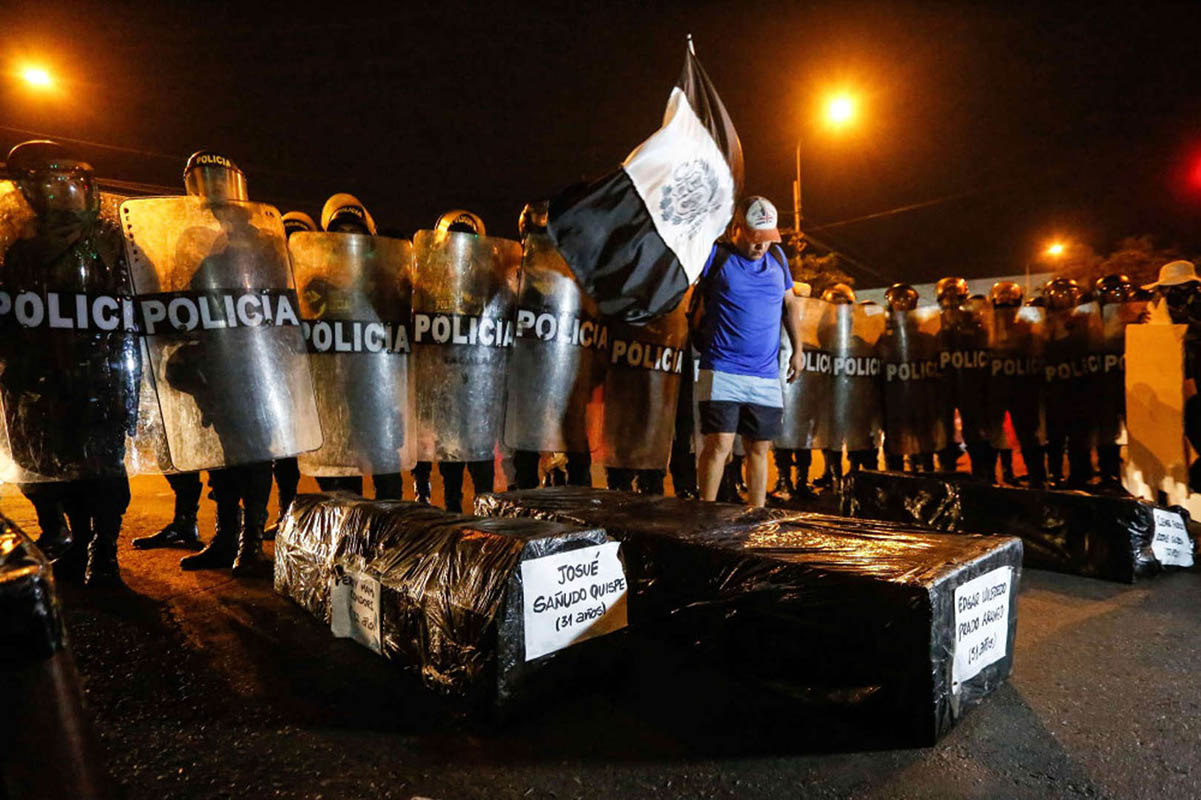
DRC files ICC complaint against Rwanda
Democratic Republic of the Congo (DRC) Minister of Justice Rose Mutombo filed an International Criminal Court (ICC) complaint against Rwanda over its alleged involvement in the theft of natural resources in the DRC. The minister charged that the Rwanda Defense Forces (RDF) have been collaborating with the M23 rebel group, which has taken control of areas in Northern Kivu province near the DRC’s border with Rwanda. The complaint accuses the “RDF-M23 coalition” of “systematic and large-scale plundering of…natural resources” in the rebels’ zone of control. There has been an open ICC investigation into eastern DRC since 2004. (Photo: OSeveno/WikiMedia)



